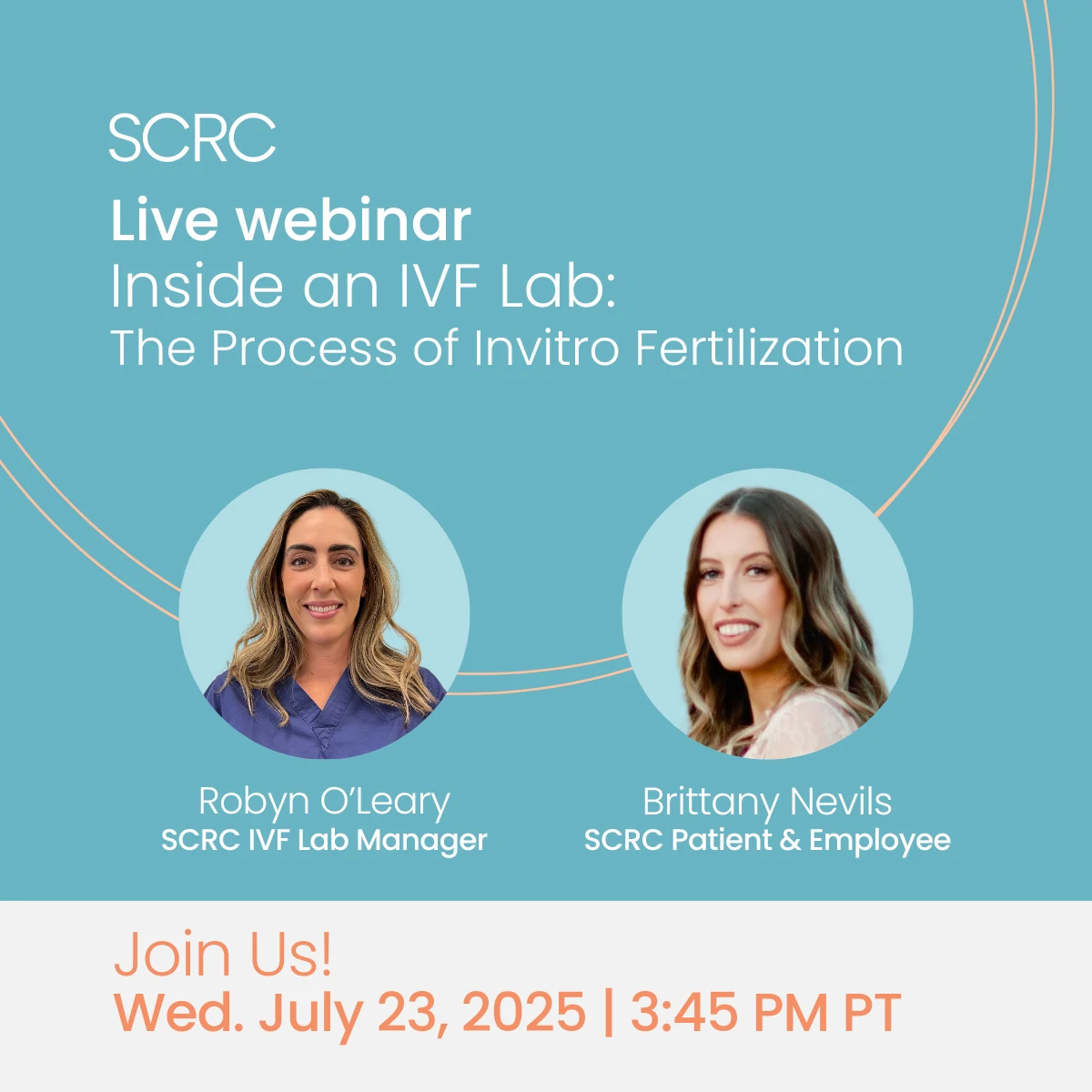Mode de vie végétalien

Optimiser la fertilité en adoptant un mode de vie végétalien
Un nombre croissant de personnes aux États-Unis choisissent un mode de vie végétalien, motivé par des préoccupations liées à la santé, à l'environnement ou à la compassion pour les animaux. Au cours des cinq dernières années, le nombre de végétaliens aux États-Unis est passé de 0,5 % à environ 6 % de lapopulation4,1.
Tests nutritionnels
Depuis les années 1970, les médecins savent que la nutrition a un impact sur la santé. Les tests nutritionnels sont un excellent moyen de déterminer si des substances chimiques étrangères présentes dans votre corps ou des carences dans votre alimentation vous empêchent de mener à bien votre grossesse. Il peut révéler des carences en acides aminés et en vitamines, des éléments toxiques et bien d'autres choses encore. Si vous êtes végétalienne, certaines considérations nutritionnelles particulières peuvent avoir un impact sur votre fertilité. En voici quelques-unes:1
Éviter les éléments toxiques
Les substances toxiques présentes en nous et autour de nous peuvent affecter les hormones nécessaires à notre corps pour mener à bien une grossesse, notamment l'œstrogène, la testostérone et la progestérone. Le cadmium, l'arsenic, le mercure et d'autres substances toxiques sont souvent en cause. L'élimination des sources de ces toxines est un début, mais si les niveaux sont encore élevés, parlez à votre endocrinologue des stratégies à adopter pour éliminer ces substances de votre corps.1
- Le cadmium peut provenir de l'exposition à la fumée, de certaines formes de chocolat, de gloss et de teintures capillaires.
- Les sources d'arsenic comprennent la poussière provenant des travaux de rénovation, le sable provenant d'une plage, certaines eaux en bouteille, les algues, les fruits de mer, le riz et le jus de pomme commercial. L'encre des tatouages peut contribuer à l'arsenic, tout comme le tabac et la marijuana.
- Le mercure peut provenir d'algues, de bijoux fantaisie, de plombages dentaires et de thermomètres.3
Surmonter les carences nutritionnelles
Outre l'élimination des toxines, une alimentation suffisante provenant de sources végétaliennes est essentielle au bon déroulement de la grossesse.
Dans le webinaire, il est question de protéines, de fer, d'acides gras oméga-3, de vitamine B12, de vitamine D et de calcium, de zinc et de coenzyme Q10. Chris a fait ces recommandations pour aider à combler les carences potentielles d'un régime végétalien.1
- Protéines - Veillezà consommer suffisamment de protéines. Les haricots, les légumes secs et les légumineuses sont d'excellentes sources végétaliennes. S'ils provoquent des gaz et des ballonnements, un trempage et une cuisson appropriés peuvent les rendre plus digestes.
- Fer - Essayez lesépinards pour améliorer vos niveaux de fer. Leur consommation seule n'apporte que 3 à 4 % des éléments nutritifs disponibles. Ajoutez une orange ou un citron pour la vitamine C et vous absorberez une plus grande partie du fer disponible.
- Acides gras oméga -Les sources végétalesd'acides gras oméga se présentent sous la forme d'acide alpha-linolénique que l'organisme convertit en oméga 3. Les sources comprennent les graines de lin, les graines de citrouille, les graines de tournesol et les noix. Le taux de conversion est toutefois limité et certains acides gras essentiels tels que le DHA et le DPA ne sont pas présents dans ces sources. L'huile d'algues est végétalienne et contient ces nutriments.
- Vitamine B12 - Les sources deB12 étant limitées dans le cadre d'un régime végétalien, la supplémentation est la meilleure solution. Choisissez une vitamine B12 méthylée, car elle est plus facilement absorbée par l'organisme, en particulier pour les personnes présentant une mutation génétique appelée MTHFR.5
- Vitamine D -Les sources de vitamine D proviennent généralement des produits animaux ou du soleil. Si vous limitez l'exposition au soleil et les produits d'origine animale, vous avez tout intérêt à prendre des suppléments.
- Zinc - Sivotre taux de zinc est faible, une pastille de zinc peut le faire remonter. Il semblerait également qu'elle puisse aider à prévenir une infection virale si elle est prise dès l'apparition des symptômes.
- Coenzyme Q10 - Cetantioxydant est généralement présent dans la viande. Si vous ne mangez pas de viande, la prise d'un supplément peut améliorer la qualité des œufs.
Au SCRC, nous utilisons le meilleur de la science médicale pour aider des clients ayant des styles de vie très variés à concevoir une grossesse réussie. Nos médecins compatissants et expérimentés et notre laboratoire de pointe sur place vous donnent les meilleures chances de fonder votre famille. Contactez-nous dès aujourd'hui pour prendre rendez-vous.
Sources :
- Les effets de l'alimentation végétarienne et végétalienne pendant la grossesse sur la santé des mères et de leurs enfants https://www.ncbi.nlm.nih.gov/pmc/articles/PMC6470702/
- Comment les gens sont-ils exposés au mercure ? https://www.epa.gov/mercury/how-people-are-exposed-mercury
- Pourquoi devenir végétalien ? https://www.vegansociety.com/go-vegan/why-go-vegan
- Variante du gène MTHFR https://rarediseases.info.nih.gov/diseases/10953/mthfr-gene-mutation

